Trustworthy AI
L3S focusses its AI-related research activities on developing methods and systems in the areas of Text Mining and Search, Knowledge Graphs and Data Integration, Natural Language Processing, Scene and Video Analysis as well as Machine Learning and Deep Learning.
Further research areas
Artificial intelligence (AI)-based systems already make decisions in many areas that can affect every individual everywhere and at any time – with far-reaching effects also on society as a whole. Search engines, internet recommendation systems and social media bots use AI systems, influencing our perception of political developments and even scientific findings. Companies use AI in hiring processes, banks for lending. But when artificial intelligence decides whether a loan is denied or someone receives medical treatment, this entails risks: for example, if algorithm-based decision-making leads to discrimination. Because even the machine brain is not free of prejudice: When learning from data sets, AI systems also adopt the stereotypes they contain. Thus, companies could miss opportunities because bias leads to AI-driven decisions underperforming; much worse, they could violate human rights. One question researchers at L3S are therefore addressing is: How can standards for unbiased attitudes and non-discriminatory practices be upheld in big data analysis and algorithm-based decision-making?
A new era has dawned in computer science: that of Quantum Information. Devices for quantum information processing are now commercially available and pose fundamental challenges to physicists and information theorists: How can the enormous computing power of quantum computers be used in practice? This is what scientists at L3S want to find out in new research projects. They are using their decades of experience in the development of quantum algorithms and machine learning to develop architectures for quantum-based neural networks. These networks are intended to routinely discover improved quantum computation methods – especially for industrial applications that use complex quantum systems, for example in the development of drugs and in materials research.
Technological developments such as cloud computing and the Internet of Things are shaping our society. We are surrounded by myriads of networked digital devices. Other developments such as autonomous vehicles, cryptocurrencies and intelligent medical implants will change life even more drastically in the future – or already do. In this context, the digital society faces a major challenge: cyber security. In recent years, the nature of the threat has changed drastically. Many of today’s cyber attacks come from powerful attackers. State organisations are of particular concern, as they operate on a long-term basis and have considerable technical capabilities and resources at their disposal. The incidents that become known almost on a weekly basis show: Against attacks on a large scale, many of the existing security solutions are almost ineffective.
Artificial intelligence (AI)-based systems are already making decisions in many areas, and their performance is increasing rapidly, sometimes even surpassing human performance. However, embodied AI, although progressing, faces additional challenges which limit their success. While single algorithms can excel in a particular task in disembodied applications such as paying Atari games and board games, this is rarely the case in robotics. One of the challenges is that skills that seem easy to us, e.g., manipulating objects, rely more than a single learning algorithm but on the morphology of the agent, multimodal perception, years of individual experience, and multiple learning strategies, among other things. This embodied and holistic approach to AI is what researchers at L3S are addressing to develop increasingly intelligent robotic systems capable of interacting with real environments and people safely and naturally.





